In the recent Lok Sabha elections, Mamata Banerjee's Trinamool Congress (TMC) has achieved a significant victory in West Bengal, underscoring a major shift in the state's political dynamics.
TMC won 29 out of 42 seats, reinforcing its position as the dominant party in West Bengal. The Bharatiya Janata Party (BJP) managed to secure 12 seats, a significant drop from the 18 seats they won in the 2019 elections. The Indian National Congress won only one seat in the state.
Trinamool Congress saw an increase in its vote share, rising from 43.3% in 2019 to 46.9% in this election, marking a 3.5% increase. BJP's vote share decreased slightly by over 2%, indicating a loss of support despite a vigorous campaign.
Exit polls had predicted a stronger performance for the BJP, suggesting that TMC would win fewer than 20 seats. However, these predictions were proven incorrect as TMC secured a larger number of seats. The BJP's high-profile campaign, featuring Prime Minister Narendra Modi and Home Minister Amit Shah, included multiple visits and statements targeting TMC. Despite these efforts, the BJP was unable to maintain its previous level of support in the state.
The election results reaffirm TMC's stronghold in West Bengal and boost Chief Minister Mamata Banerjee's political standing. The results reflect the BJP's struggle to sustain its momentum from the previous election, suggesting potential challenges for the party in future state and national elections. The single-seat win for Congress indicates its continued marginal presence in the state's political landscape.
The Lok Sabha election results in West Bengal highlight a resounding victory for the Trinamool Congress, a decline in support for the BJP, and minimal impact by the Congress. These results underscore the dynamic and evolving nature of West Bengal's political environment, setting the stage for future electoral contests and political strategies.



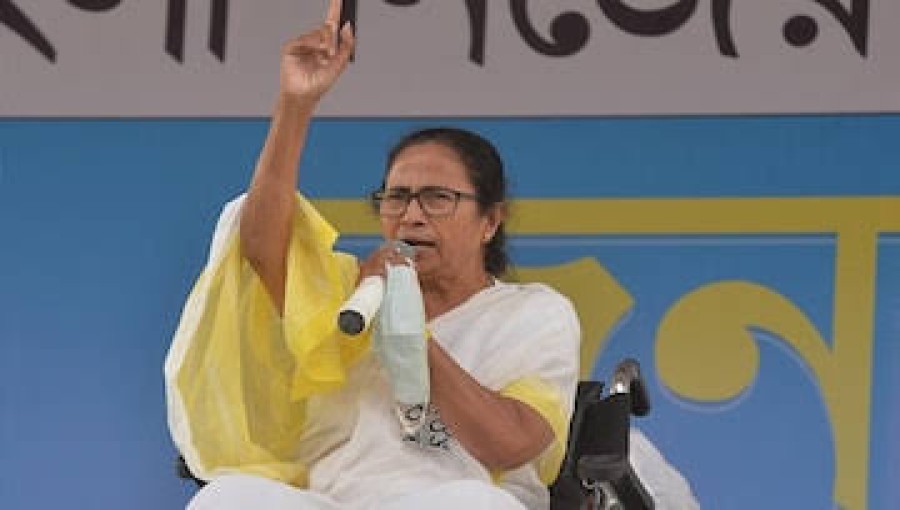

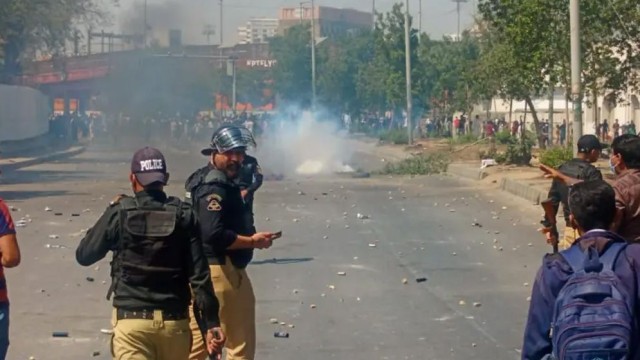
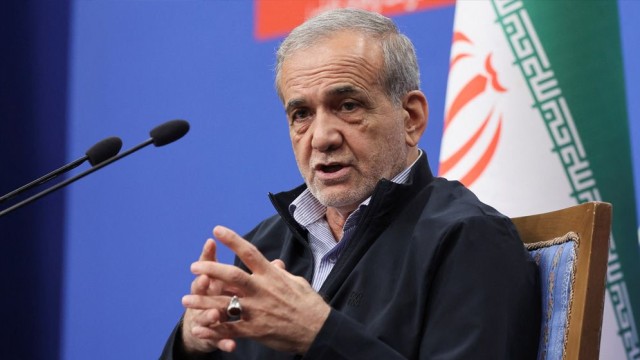
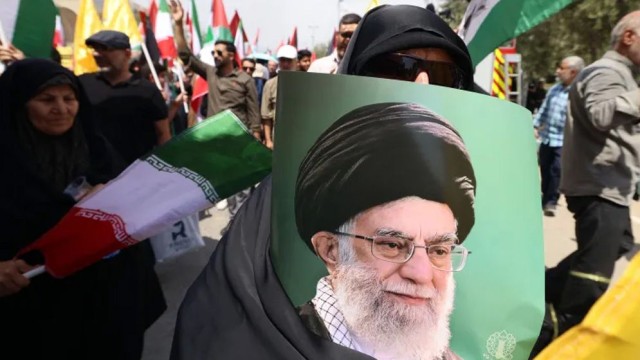
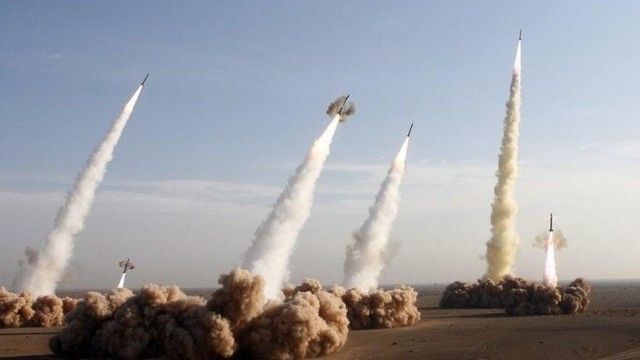
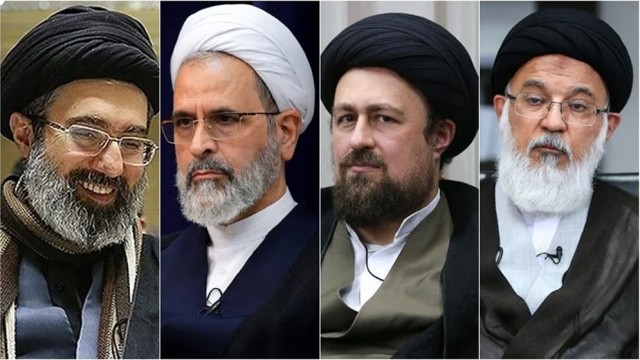

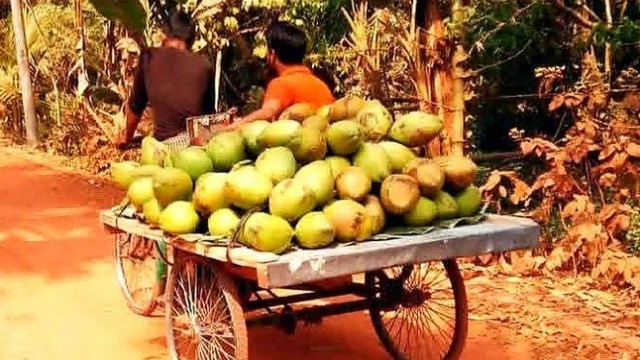
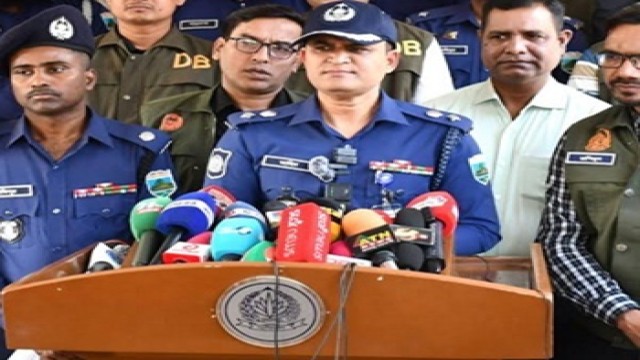
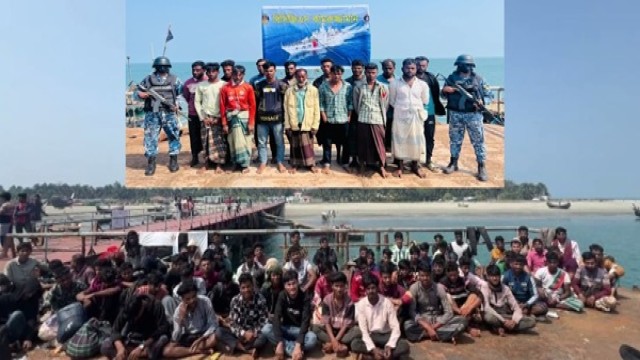

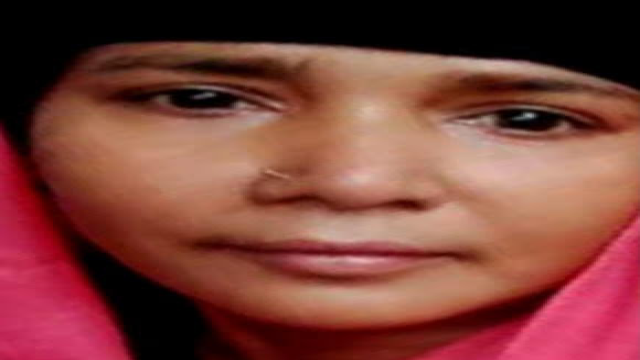



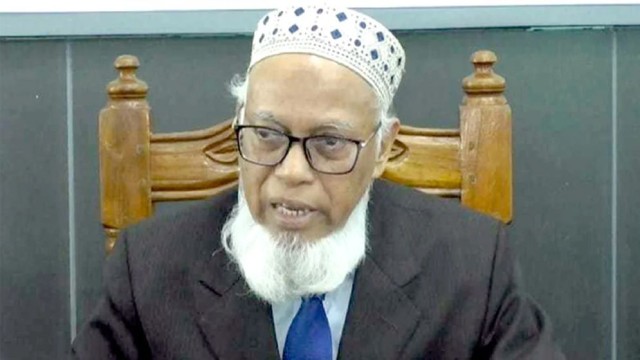










Comment: